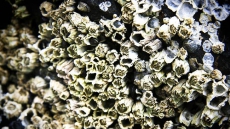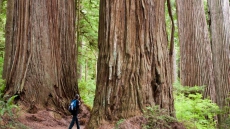Small cues that display a user's transaction history may help a website feel almost as interactive as chatting with an online customer service agent, paving the way for more cost-effective websites, a research found.
"What we found is that providing some information about a user's interaction history on the site can offer a sense of conversation," said S. Shyam Sundar, a professor at the Pennsylvania State University in the US.
Interactivity is natural in both actual face-to-face and video streamed conversations, but developers have found it challenging to foster this type of interaction in static websites, according to Sundar.
In traditional conversations, a message is usually met with a response, creating a thread of interconnected messages.
The study could lead to more cost-effective solutions for businesses that want to make their sites more engaging but have limited funds to programme a chatbot or hire a human customer service employee.
Chatbots, which are software programmes designed to answer questions and mimic conversations with humans, are becoming more popular on mobile devices and websites.
The researchers found that visitors to an online movie search site considered a version of the site that displayed recent interaction history more engaging and said the site fostered better dialogue than sites with no or limited history.
"The addition of a chat agent increases the perception of interactivity," Sundar noted.
"But it does not increase the sense of dialogue or user engagement when the site already offers detailed interaction history," he pointed out.
The study involved 110 participants who had an average age of 21.
They could browse, use the search engine or ask an assistant which was either an online chatbot or a human assistant.
Study participants did not find a human chat agent to be any better than a chatbot, as long as interaction history was available.
The findings are forthcoming in the journal Communication Research.





